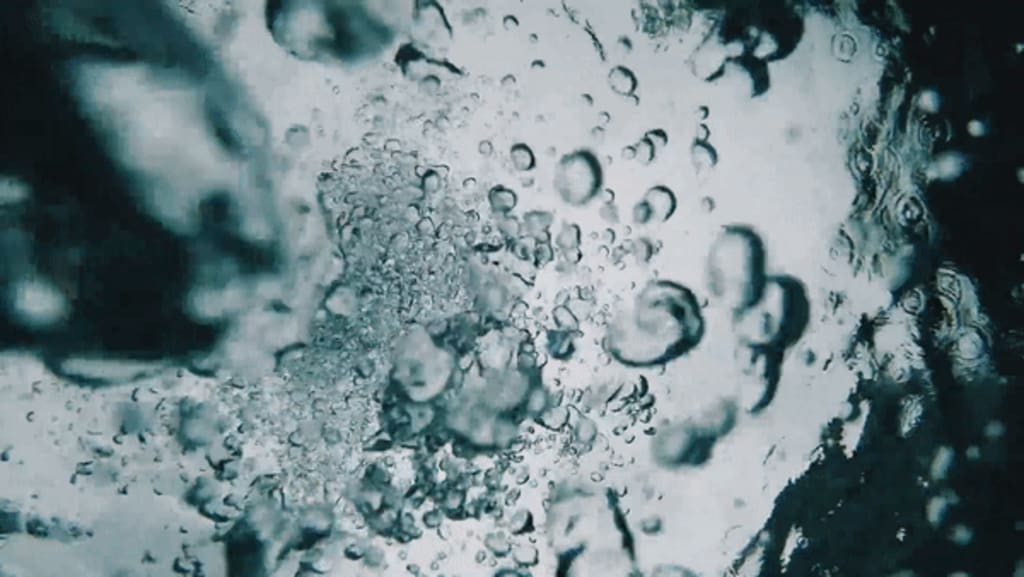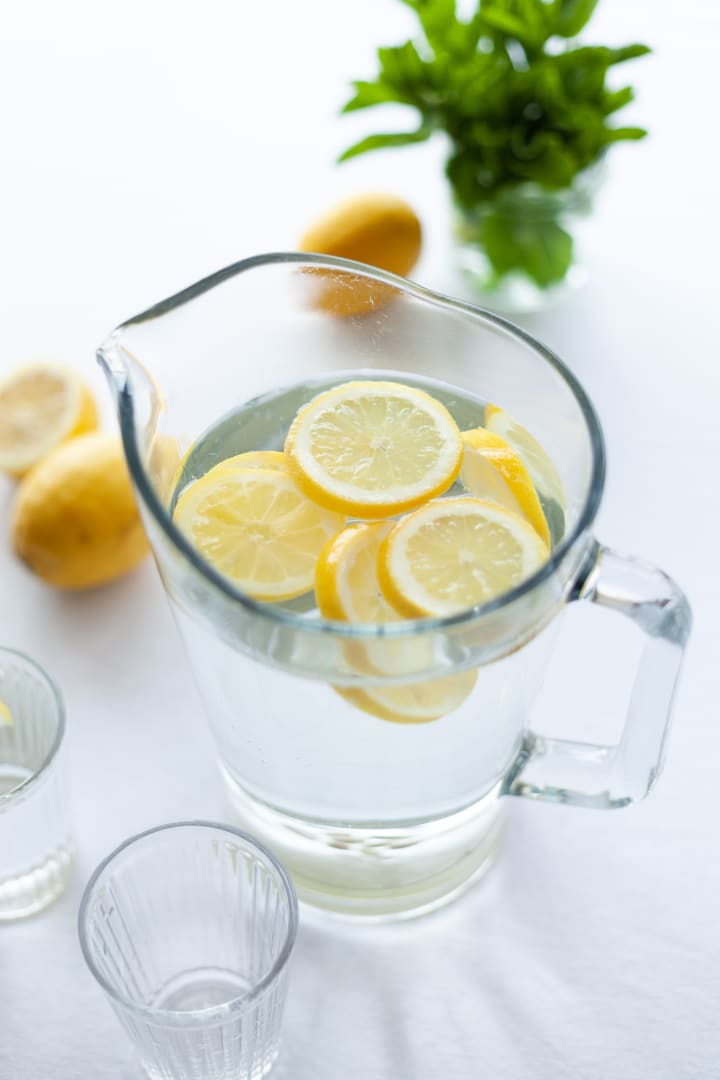Water: The Ugly Step Sister
Macronutrients are one of those "trending words" for 2019. But one of the most vital nutrients of all is falling to the wayside... water.

There is all this hype about macronutrients; everyone is Googling how many carbohydrates, fats, and proteins they should be eating.
While these nutrients are essential, today I am here to give you all a virtual wake-up-call and talk to you about what I consider to be one of the most vital nutrients we consume, the Taj Mahal of substances... water.
Water has been cast aside like the ugly stepsister when she is indeed the belle of the ball.
Why should water be our queen bee?
- For starters, nearly two-thirds of our body is made up of water, and as high as 75 percent when we are in the womb (mothers hydration, means the child’s hydration).
- Every system and event in the body requires water. Without it, no bueno.
At this point, it is basic knowledge that water consumption is essential. Yet in the United States, a recent study concluded that:
- 7 percent of adults report ZERO daily water consumption.
- 36 percent drink 1-3 cups.
- 35 percent drink 4-7 cups.
- And 22 percent report consuming 8 or more cups per day.
That means nearly 80 percent of the population does not consume the recommended amount of water per day.
There is a magnitude of factors that play a role in ideal daily water consumption like age, gender, height, and weight. Consuming zero cups of water is not the best place to start.
To drive the point home, let discuss water’s versatility (AKA the body’s Swiss army knife).
What does water actually do for our bodies?
Water is one of the main components that make blood plasma, mucus, and bile. The bile found in our bodies digests fats and fat-soluble vitamins (like vitamins A, D, E, K) in the small intestine.
Alongside bile, water helps produce gastric juices that are found in the stomach and aid in digestion.
But that's not all. It ALSO is the main compound found in saliva, fluid in the lymphatic system that enables waste management, fluid around eyes, brain, spinal cord, and semen (this is where men start chugging water).
It makes up your hair, skin, face, bones, muscles, fat, nervous system (AKA central control system), and even your nails.
Water is a carrier, meaning it is the main vessel for every nutrient, enzyme, electrolyte, chemical messenger, and waste product.
Without water, one of the first things your body experiences is cellular dehydration. This is a dangerous breeding ground for chronic diseases.
In many instances, dehydration is the root cause of chronic pain, digestive distress, fatigue, migraines, and even depression.
Adults are not the only ones at risk. Serious problems can occur in children when they enter the dehydration zone. In most cases, this is where we start to see behavioral problems, learning issues, and other development issues.
Ok, this is overwhelming...
I know that was a lot, but it is only scratching the surface. Each point listed above has its own story and importance.
So instead of putting on a science class, just know how crucial it is for every function in our bodies.
Many of you may be thinking to yourself, “well if ⅘ of the population do not consume the recommended amount of water, why are people not dropping like flies?”
The answer is quite simple; the human body is incredibly resilient.
Take a smoker, for instance. Some can develop severe complications in their adult years, yet some may live well into their 90’s with what seems like very few complications.
Our body is incredible at adapting, taking abuse, making the changes needed, and carrying on. But this does not mean the person is fine. That 90 years old smoker is still constantly putting stress on their cardiovascular, respiratory, immune, and nervous system.
The main question to ask yourself is, are you trying to skate through life while suffering, or live an optimal one filled with vitality?
I don't know about you, but I will not settle for mediocracy.
Cool, thanks for scaring me. What can I do to fix this?
There are two EASY steps you can start tomorrow to make a real change toward a hydrated life:
- Drink water as soon as you wake up. We lose about a liter of water while we are sleeping through respiration and water vapor. I try to drink around a liter of water by at least 10:00 AM in the morning.
- Add precious minerals to your water. Using salts like Himalayan or other pure forms of sea salt will add much-needed minerals into your diet (around 80 trace minerals found in Himalayan salt). DO NOT add iodized salt to your water. That is a whole other blog post, so start with the natural stuff free of bleach and harsh chemicals from processing.
Salt always gets a bad reputation. However, rather than asking the question “is salt bad," we should look at the quality of sourcing.
In reality, (with pure sourcing) salt is made up of vital trace minerals that aid in hydration and body function. You have heard the word for these minerals before... electrolytes.
Keep in mind, there needs to be a balance. If water lacks minerals, it is not readily retained or absorbed. If there are too many minerals without enough water, you guessed it, hydration will not occur.
Try this morning hydration drink:
- 1 cup of water
- 1 tsp of Himalayan salt (for the minerals)
- Lemon juice (more minerals)
- A splash of apple cider vinegar (get the gastric juices going in the stomach)
- Add Stevia for taste

Photo by Julia Zolotova on Unsplash
We made it!
You do not have to make all of these changes at once. Take it one step at a time, and remember Rome wasn’t built in a day.
Stay tuned for part two of our Water: The Ugly Step Sister series. In part two, you will learn about the importance of where your water comes from. Make the choice to lead a healthier life, and grab yourself a big glass of H2O.
Thanks for reading!
About the Creator
John McCabe
Hi there!
My name is John McCabe, and I am a Movement and Mobility Specialist that does in-home and online personal training and health counseling. If you have any questions or concerns, make sure to reach out, I'd be happy to help.
Cheers!






Comments
There are no comments for this story
Be the first to respond and start the conversation.